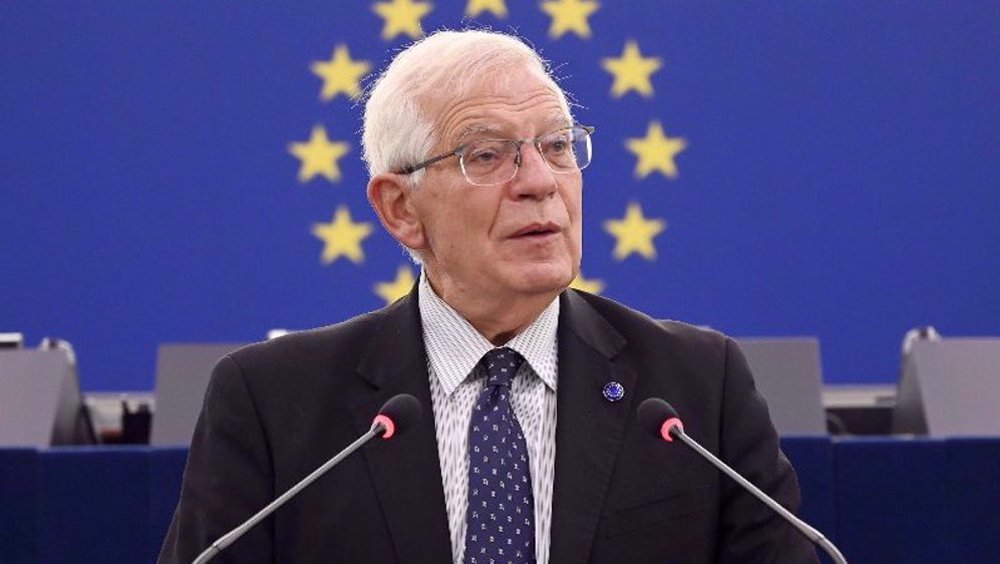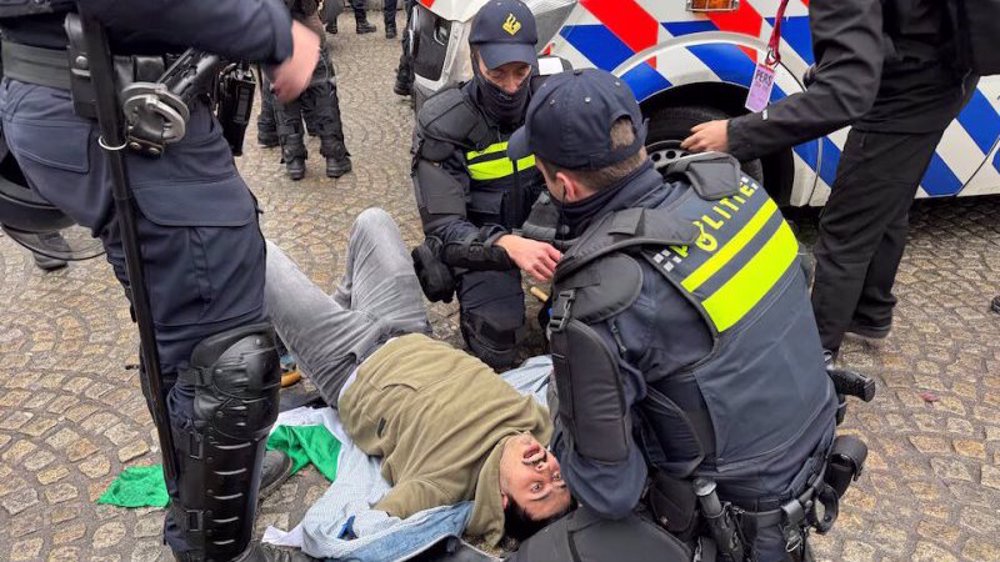UN chief calls for international action to cope with Europe refugee crisis
United Nations Secretary General Ban Ki-moon has urged the world to do more to help cope with Europe's refugee crisis.
Ban made the remark after meeting with Greece's Prime Minister Alexis Tsipras in the capital, Athens, on Saturday ahead of a visit to refugee camps on Lesbos island. Some 3,400 refugees live in the camps on the Greek island.
The UN chief said Athens has shown “remarkable solidarity and compassion” in dealing with hundreds of thousands of refugees fleeing war, despite its own economic hardship.
“Despite the country's own economic difficulties, Greece has been generous in saving human lives. Greece deserves our deep admiration. It also deserves greater support from the international community. Greece should not be left alone to address this challenge on its own,” Ban said.
"We must work together to protect people and address the causes of displacement. I continue to call for a greatest sharing of this responsibility across Europe and indeed across the world," he said.
Meanwhile, Tsipras told reporters that great efforts are being made to house and care for thousands of trapped refugees, but stressed that Greece cannot shoulder the burden alone.
In a symbolic move, Tsipras offered Ban a life jacket, one of the thousands of items that authorities have recovered from the shores of Greek islands since last year.
About one million people crossed the Aegean Sea from Turkey to Greek islands last year in small and often overcrowded inflatable boats. Hundreds drowned trying to make the crossing.

The flow of refugees to Greece has slowed since March when the European Union and Turkey reached a deal to cope with the influx of refugees into Europe.
Under the deal, new arrivals on Greek islands after March 20 face being returned to Turkey unless they successfully apply for asylum in Greece.
As part of the EU-Ankara deal, Greece has since April 4 started deporting to Turkey refugees who do not meet asylum-seeking criteria.
Officials say about 8,400 refugees are currently on Greek islands, nearly all of whom have expressed interest in applying for asylum.
Additionally, about 48,000 people are still stranded on the Greek mainland after a series of border closures throughout the Balkans.
Europe is facing an unprecedented influx of refugees, most of whom are fleeing conflict-ridden zones in Africa and the Middle East, particularly Syria.
Many blame major European powers for the unprecedented exodus, saying their policies have led to a surge in terrorism and war in those regions, thus forcing more people to flee their homes.
VIDEO | Jordanians continue rallies to denounce Israeli genocide in Gaza, Lebanon
6 Israeli soldiers commit suicide: Reports
Diplomat discourages recourse to pressure, intimidation, confrontation against Iran
UN: 2024 deadliest year for aid workers amid genocide in Gaza
Gaza health official warns of hospital shutdowns within 48 hours
Israel kills 5 more paramedics in southern Lebanon: Health ministry
Iran to launch ‘new, advanced’ centrifuges in response to IAEA resolution: AEOI
Yemen fires hypersonic missile at Israeli airbase















 This makes it easy to access the Press TV website
This makes it easy to access the Press TV website